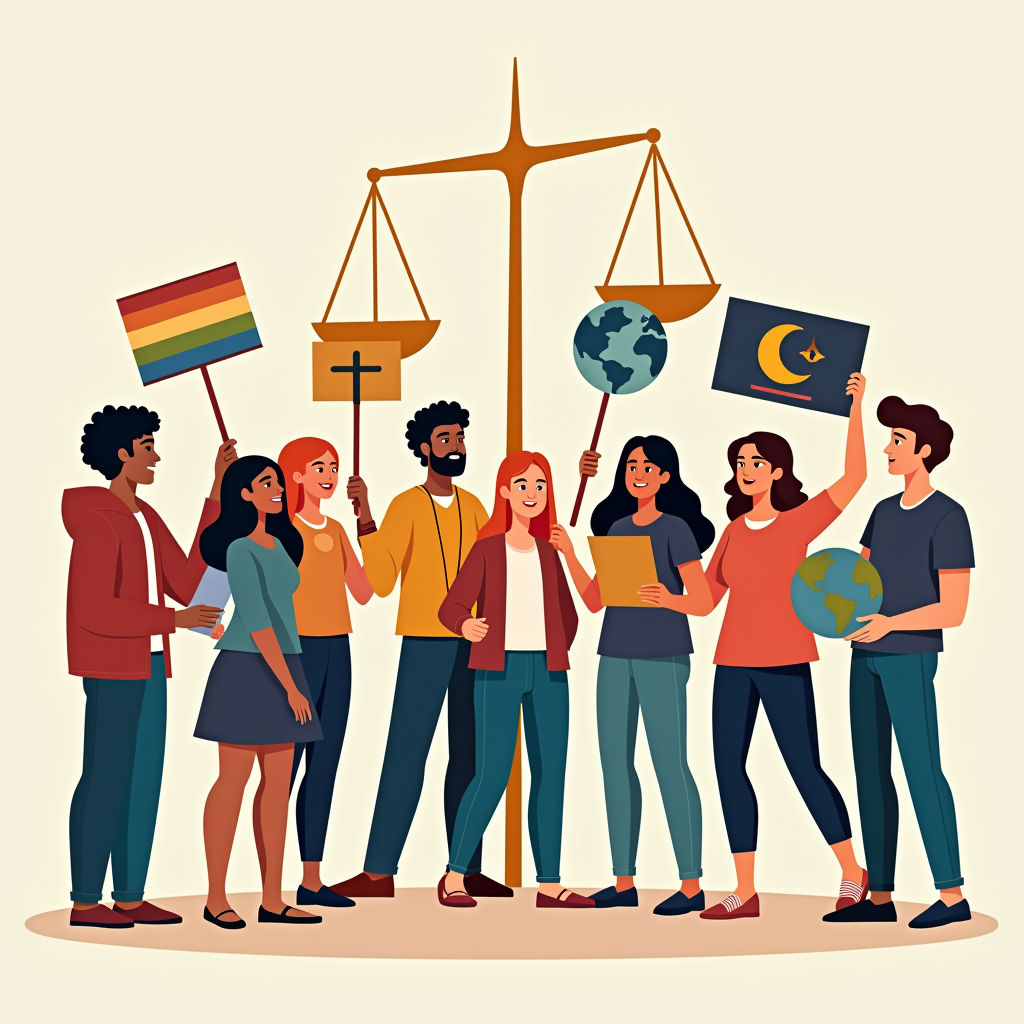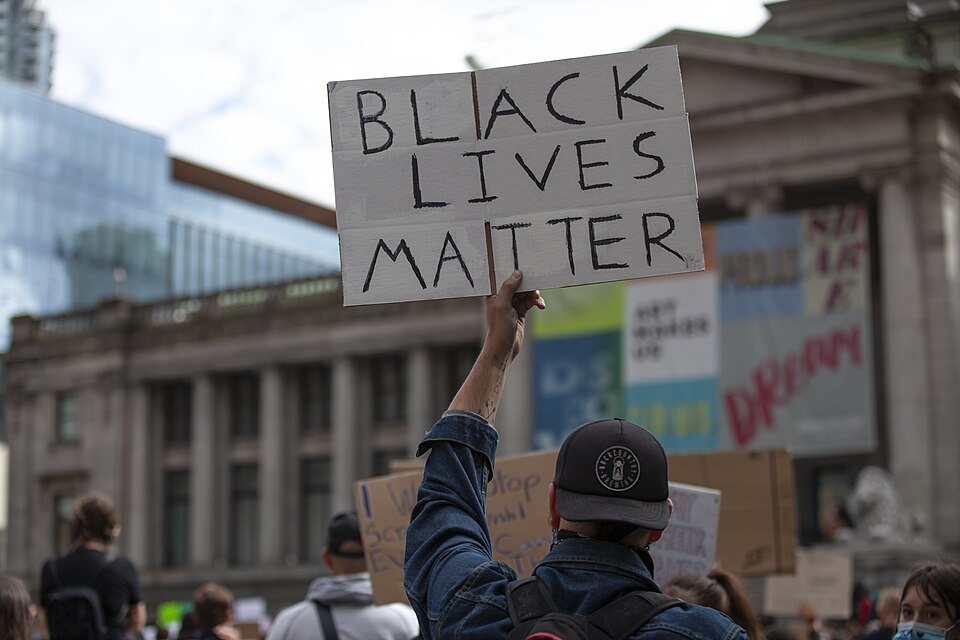What Exactly is “Woke Culture”?
The term “woke” originally emerged from African-American Vernacular English (AAVE) in the early 20th century. It literally meant being "awake" to social injustices, particularly around racism, inequality, and systemic oppression. Over time, particularly in the 2010s, the term evolved to encompass awareness of a range of societal issues—gender rights, LGBTQ+ advocacy, environmental justice, and more.
Quick Timeline of Woke Culture:
1930s-40s: First appearances in blues songs; used as a call to stay alert to injustices.
1960s: Popularized during the Civil Rights Movement.
2010s: Amplified via social media movements like #BlackLivesMatter, gaining global traction.
How Woke Culture is Misinterpreted Today
Fast forward to 2025, and “woke” often gets tossed around without full understanding, especially among younger generations. What was once rooted in social awareness now sometimes becomes:
- Virtue signaling: Publicly expressing opinions mainly to show moral correctness, not because of deep belief.
- Cancel culture extremes: Using the "woke" label to justify ostracizing individuals without room for dialogue.
- Oversimplification: Failing to grasp the complexities of social issues and reducing them to hashtags or trends.
Why is this happening?
- Social media brevity: Platforms favor short, viral content, often stripping nuance.
- Peer pressure: Aligning with woke trends to fit in socially, rather than understanding the deeper roots.
- Information overload: With endless content, young users skim headlines without critical evaluation.
Real Modern-Day Implications of Woke Culture
1. At Work: Awareness vs. Overcorrection
Companies are increasingly adopting DEI (Diversity, Equity, Inclusion) policies, which is a positive shift. But sometimes, woke culture in workplaces leads to:
- Tokenism: Hiring or promoting marginalized individuals only for appearance’s sake.
- Fear of open dialogue: Employees might avoid discussions to not "offend", stifling innovation and genuine understanding.
- Performative activism: Corporate statements without real policy change.
Why it matters: Workplaces thrive on empathy and inclusivity, but balance is key. It’s not about tiptoeing around sensitive issues but fostering educated awareness and authentic conversations.
2. Religious Implications: Clash or Coexistence?
Religious communities worldwide have had mixed responses to woke ideologies:
- Some progressive faith groups align closely with woke values, advocating for social justice, LGBTQ+ rights, and environmental stewardship.
- Others feel that certain woke ideologies conflict with traditional doctrines, leading to tensions around gender identity, moral relativism, or freedom of expression.
Key takeaway: Understanding where religious teachings and woke values intersect or diverge is crucial for constructive dialogue and mutual respect.
Why Knowing the Real Meaning Matters
If “woke” becomes another buzzword, it loses the gravity it once carried. Misinterpretation creates:
- Polarization: People divided into "woke" vs. "anti-woke" camps.
- Missed opportunities: Instead of fostering understanding, discussions become battlegrounds.
- Burnout: Constant outrage cycles without productive outcomes.
Final Thoughts: The Middle Ground
Woke culture, at its core, is about awareness and empathy. But like any powerful idea, it needs:
- Contextual understanding—Why are we supporting certain causes?
- Critical thinking—Is what I believe rooted in facts or trends?
- Open-minded dialogue—Can I engage with differing views respectfully?
Black Lives Matter Protests (Original Woke Movement Amplifier)
Image Link:
https://commons.wikimedia.org/wiki/File:Black_Lives_Matter_Protest,Vancouver(49986099028).jpg
(Credit: Wikimedia Commons, CC BY-SA 2.0)
Image Link:
https://upload.wikimedia.org/wikipedia/commons/thumb/4/41/3rd_Global_Climate_Strike_Berlin_FridaysForFuture_demonstration_view_from_stage_50.jpg/960px-3rd_Global_Climate_Strike_Berlin_FridaysForFuture_demonstration_view_from_stage_50.jpg?20190921225653
(Credit: Wikimedia Commons, Unsplash, Free to Use)
Image Link:
https://commons.wikimedia.org/wiki/File:Interfaith_meeting_(Wikimedia).jpg
(Credit: Wikimedia Commons, CC BY-SA 3.0)

